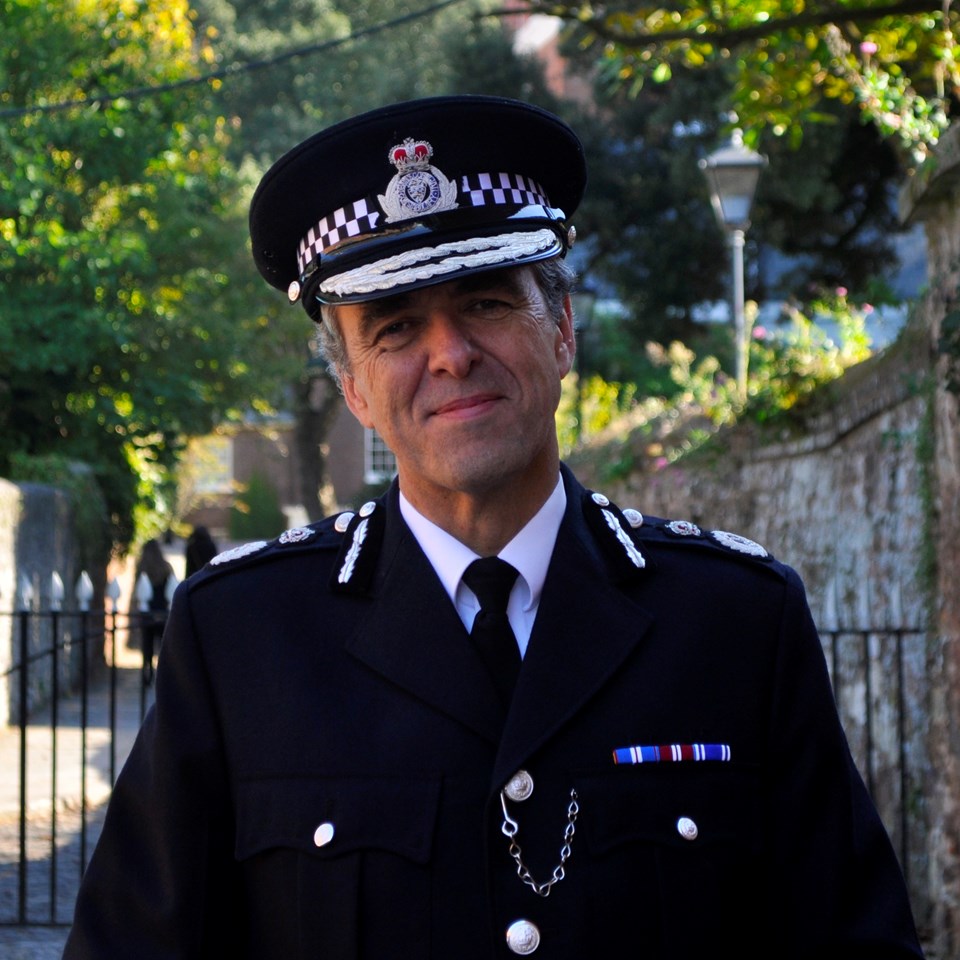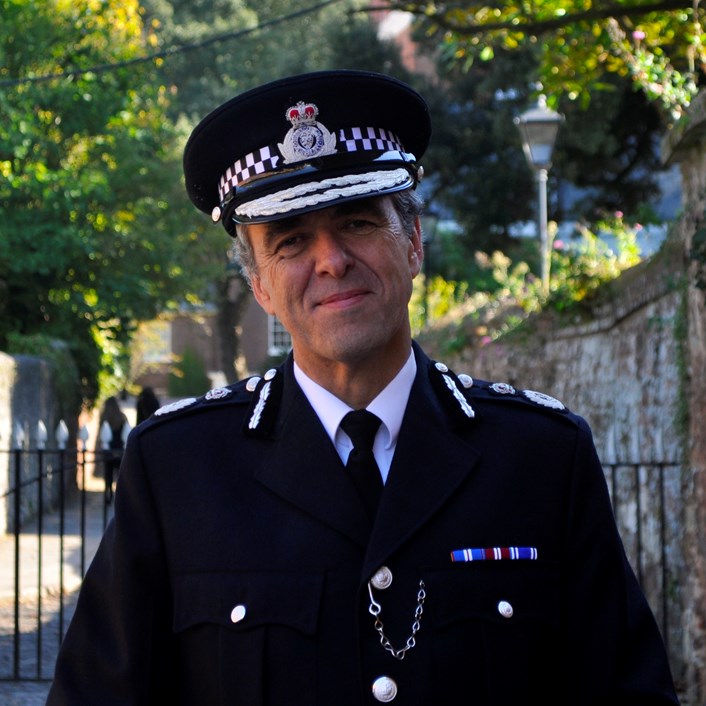
24 Oct 2017
Police Chiefs' Blog: CC Shaun Sawyer: we are committed to building on our achievements and improving our approach to modern slavery
The inhumanity demonstrated by the perpetrators of modern slavery and human trafficking is far greater than I have seen in my entire career tackling organised crime and terrorism. The human cost in stolen lives and stolen futures is high.
Modern slavery and human trafficking is an incredibly complex crime to unravel and across all our law enforcement agencies many dedicated investigators are tenacious in their pursuit of those who exploit others in this way. Recent prosecutions by forces have seen cases put together by officers without relying on victim testimony, some involving victims who have been enslaved for decades.
The problem of modern slavery is not something that policing can overcome alone. It is a global issue and Her Majesty's Inspectorate of Constabulary and Fire & Rescue Services (
In their report on modern slavery and human trafficking, HMICFRS have acknowledged how challenging this crime is and that the policing response is developing at pace. They also highlight how the police service needs to improve the support we give to victims and ensure that our investigations are consistent.
I agree and working with partners we will focus relentlessly on developing our approach.
I do not underestimate the policing challenge ahead of us.
However, we have already made a good start. The Director General of the National Crime Agency has established a clear framework through which law enforcement agencies are working ever more closely together. HMICFRS’s report references our efforts, working closely with Caroline Haughey, to identify how policing could improve. With the support of the Home Secretary a £8.5 million transformation programme was launched last November to fill the gaps that had been identified.
As HMICFRS’s inspection period ended in April, specialist teams dedicated to making sure each police investigation can be better than the last came into operation. Innovative new intelligence capabilities have been established in partnership with National Crime Agency, Border Force, GLAA, HMRC and Immigration Enforcement. A number of projects began which correlate with the recommendations being made today.
The National Transformation Programme which Alison Hernandez, Devon and Cornwall’s PCC and I have established, has begun to deliver accredited training for police officers. That training focusses on identifying and supporting victims alongside enhanced investigative techniques. This has already had a positive impact and equips police with the specialist knowledge and skills that they need.
Victims must be at the heart of our law enforcement response and I echo comments made by Will Kerr, Director of the NCA’s Vulnerabilities Command in welcoming the victim-centred approach of HMICFRS report: “We are confident that the recently announced improvements to the NRM, on which we have been working closely with the Home Office, will improve the identification and safeguarding of potential victims of trafficking.”
As we improve our approach, our operational results improve too. Across England and Wales there are currently over 400 active investigations, an increase of 218% since November 2016. This is just over four times as many as when the Modern Slavery Act was launched and 85% of these investigations are led by the police. Almost 2,500 modern slavery crimes were recorded in the first six months of 2017; a 129% increase on the previous year.
The National Anti-Slavery and Trafficking Network led by West Yorkshire PCC Mark Burns-Williamson is assisting Police and Crime Commissioners to focus their efforts on uncovering and ending slavery within their communities.
Supported by local anti-slavery partnerships, there is growing public consciousness about the reality of slavery: the number of events that happened last week to reflect anti-slavery day are testament to that. To eradicate slavery, people across the UK should begin difficult conversations within their communities about the demand for cheap goods and services which fuels slavery here and across the world.
I ask the public to contact the police or the Modern Slavery Helpline 08000 121 700 when they are uncomfortable or believe a person may be at risk.
Chief Constable Shaun Sawyer, NPCC Lead for Modern Slavery
Contact information
Communications office
By phone: 0800 538 5058
By email: press.office@npcc.police.uk

